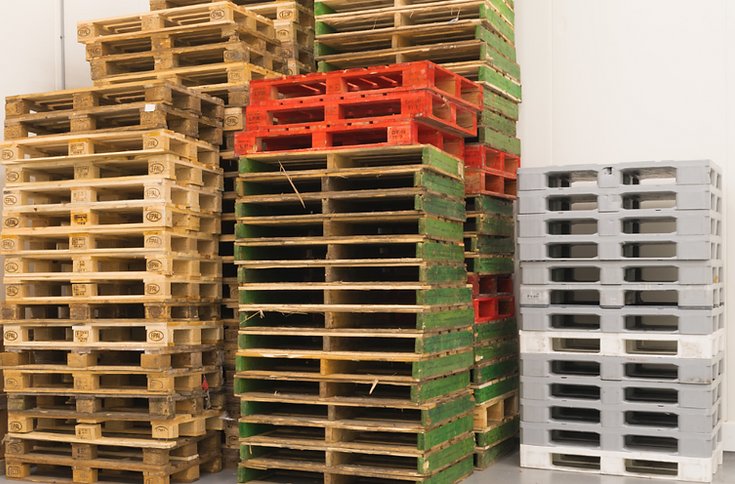Understanding Pallet Manufacturers: The Backbone of Global Logistics
This article explores what pallet manufacturers do, the types of pallets they produce, the challenges they face, and the emerging trends reshaping the industry.

In the vast and intricate world of logistics, pallet manufacturers play a crucial role in keeping supply chains running smoothly. Pallets—flat structures used to support goods during transportation and storage—are often taken for granted, but their design and quality have a significant impact on the efficiency and safety of product handling around the world. This article explores what pallet manufacturers do, the types of pallets they produce, the challenges they face, and the emerging trends reshaping the industry.
The Role of Pallet Manufacturers
Pallet manufacturers are specialized producers who design, construct, and sometimes recycle pallets for use across a wide range of industries. From food and beverage to pharmaceuticals, construction, retail, and beyond, virtually every sector that moves physical products relies on pallets.
Manufacturers work with businesses to provide pallets that meet specific standards and requirements, such as weight capacity, durability, or international shipping regulations. Many also offer services such as custom sizing, heat treatment for export compliance, and pallet repair or buyback programs.
Types of Pallets
Pallets come in various materials and configurations, each suited to different applications. The most common types include:
-
Wooden Pallets
-
Softwood or hardwood varieties
-
Affordable and widely used
-
Easy to repair and recycle
-
Susceptible to moisture and pests unless treated
-
-
Plastic Pallets
-
Durable, resistant to moisture and chemicals
-
Ideal for sterile or cleanroom environments
-
Higher upfront cost but long-lasting
-
-
Metal Pallets
-
Extremely durable, used in heavy-duty applications
-
Often made of steel or aluminum
-
Expensive and heavier to transport
-
-
Corrugated or Paper Pallets
-
Lightweight and recyclable
-
Suitable for air freight and one-time use
-
Lower load capacity
-
Industry Challenges
Pallet manufacturers face several ongoing challenges:
-
Raw Material Costs: Fluctuations in lumber, plastic, and metal prices can affect profit margins and supply stability.
-
Sustainability Pressures: Growing demand for eco-friendly solutions means manufacturers must innovate to reduce environmental impact.
-
Standardization and Regulation: Compliance with global standards like ISPM 15 for wood packaging in international shipping requires additional processing and documentation.
-
Labor and Automation: The industry must balance the need for skilled labor with investments in automation to improve productivity and consistency.
Trends Shaping the Future
-
Sustainable Manufacturing: Manufacturers are increasingly using reclaimed wood, recycled plastics, and biodegradable materials to meet green goals and customer expectations.
-
Smart Pallets: Integration of IoT sensors and RFID tags is turning ordinary pallets into data sources, improving tracking, inventory management, and asset recovery.
-
Modular and Reusable Designs: Demand is rising for pallets that are easier to repair, reuse, and recycle—minimizing lifecycle costs.
-
Automation in Production: Robotic systems and automated machinery are being adopted to enhance speed, precision, and safety in pallet manufacturing.
Conclusion
Pallet manufacturers may not always be in the spotlight, but they are a fundamental part of the global economy. As industries evolve and embrace more sustainable and tech-driven practices, pallet makers are adapting to meet new demands. Whether through materials innovation, smarter design, or operational efficiency, the future of pallet manufacturing is as dynamic as the industries it supports.
What's Your Reaction?

















.jpg)